The Essence of Authentic African Attire
Authentic African attire is an eclectic collection of garments that embody the continent's rich cultural legacy and dynamic sartorial scene. These pieces are crafted to mirror the traditional dress of various African countries, showcasing distinctive styles, motifs, and historical narratives. Authentic African attire captivates a global audience, from Africans in the diaspora to style aficionados and connoisseurs of African artistry and craftsmanship.
The meticulous creation of authentic African attire involves selecting premium materials, utilizing age-old production techniques, and often integrating elaborate handcrafted details. The result is clothing that is not only aesthetically arresting but also steeped in cultural importance. Adornments such as beads, embroidery, or unique dyeing methods are frequently added, elevating their visual charm and narrative depth.
For merchants aiming to enrich their offerings with authentic African attire, grasping the ethos of its production is crucial. The market prizes craftsmanship, genuineness, and reverence for the cultural and artistic practices that distinguish African garments. The attire caters to a spectrum of consumers, from those seeking a personal cultural link to retailers and distributors who wish to present their clientele with exceptional sartorial options.
Varieties of Authentic African Attire
Within the domain of authentic African attire on Alibaba.com, one finds a plethora of choices that reflect the continent's cultural wealth. Each variant stands out with its material, design elements, and cultural resonance:
-
Dashikis and Senegalese Kaftans: Typically made from cotton or a blend, these airy garments boast ornate embroidery. Popular in West Africa, they are available in a range of lengths and sleeve options to accommodate various climates and social functions.
-
Kente Cloth Apparel: Originating from Ghana or Nigeria, kente cloth's iconic patterns are fashioned into items like dresses, tops, and wraps. Its signature look is often associated with festive occasions and bears symbolic significance.
-
Kitenge and Shweshwe Apparel: Hailing from East and Southern Africa, these textiles are noted for their vivid hues and geometric designs. They are commonly used for crafting dresses, skirts, and suits for celebratory events.
-
Wax Print Apparel: Recognizable for their striking patterns created through wax-resist dyeing, these garments range from casual wear to attire for special events.
-
Islamic Clothing: This category encompasses a broad array of modest wear that aligns with Islamic tenets while offering fashionable choices for Muslim women.
Selecting Authentic African Attire
Choosing authentic African attire for your enterprise entails a series of considerations that reflect the continent's diverse and rich cultural tapestry. When curating your selection or presenting them on your platform, bear in mind the following:
-
Material Quality: The fabric choice affects the garment's comfort, longevity, and maintenance. Materials like cotton and linen offer breathability and are ideal for warmer seasons, whereas wool is better suited for cooler times.
-
Design Authenticity: Verify that the designs embody traditional artisanal methods and motifs that are true to African culture. Seek out distinctive features such as embroidery, beading, or special fabric treatments that confer authenticity.
-
Sizing Availability: Providing a comprehensive size range is essential to accommodate a diverse clientele. Ensure inclusive sizing and accurate size guides to help customers find their perfect fit.
-
Supply Type Flexibility: Decide whether you require readily available stock for immediate dispatch or if customizable options like OEM services are preferred to align products with your brand identity.
-
Seasonality: Account for the fact that certain African clothing items may be more apt for particular seasons or events, such as lighter fabrics for summer collections.
Incorporating these factors into your procurement strategy allows you to assemble an authentic and attractive assortment of African attire that caters to the demands of B2B commerce.
Discovering Authentic African Attire on Alibaba.com
Alibaba.com serves as a comprehensive bazaar for businesses in search of authentic African attire. Its extensive selection, sourced from global suppliers, offers an unmatched opportunity to procure traditional wear that echoes the profound cultural heritage of Africa. The platform's intuitive interface enables buyers to sift through options based on material, feature, style, season, and more, simplifying the search for garments that fulfill precise criteria.
Alibaba.com's Trade Assurance service provides an additional safeguard for buyers by protecting payments until the completion of orders is verified. This commitment underscores the platform's dedication to fostering dependable trading experiences. Alibaba.com caters to enterprises of all sizes, from small boutiques to expansive international chains, positioning itself as a comprehensive resource for authentic African attire.
Opting for Alibaba.com as your source for authentic African attire connects you with a global ally that prioritizes quality, diversity, and reliability in international commerce. This partnership enables your business to liaise with suppliers offering distinctive products while ensuring seamless transactions from placement to delivery.
Common FAQs for Authentic African Attire
What are the defining characteristics of authentic African attire?
Authentic African attire is characterized by premium, enduring materials and should showcase traditional African motifs or adornments. Hallmarks include vivid color palettes, complex patterns, and culturally significant symbols.
How can I verify the authenticity of African attire?
To confirm authenticity, investigate the garment's artisanship, materials, and cultural relevance. Additionally, seek suppliers who offer comprehensive product details and are transparent about their manufacturing processes.
What fabrics are typically used in authentic African attire?
Frequently used materials encompass cotton, silk, linen, and other lightweight yet robust fabrics, chosen for their comfort and suitability in warm climates.
Is it possible to customize authentic African attire through suppliers?
Many suppliers on Alibaba.com provide OEM and ODM services, enabling customization of authentic African attire according to design, material, and sizing specifications.
What types of authentic African attire are available for wholesale?
The selection of authentic African attire spans from dashikis and kaftans to formal traditional wear and contemporary pieces that fuse ancestral styles with modern trends.
How should I select the appropriate size range when ordering authentic African attire?
When choosing sizes, consider the demographics of your target audience. It's vital to offer an extensive size range that accommodates all body shapes, ensuring inclusivity in your product range.
What are the most prevalent types of embellishments on authentic African clothing?
Common embellishments include embroidery, applique, and hand-dyed patterns like batik, which contribute to the garments' aesthetic appeal and cultural value.
How can I assess the quality of authentic African attire?
Quality can be gauged by scrutinizing the craftsmanship, fabric, and design intricacies. Feedback and ratings from other purchasers may also offer insight into the apparel's quality.
Are there sustainable options within authentic African attire?
Indeed, some suppliers may offer sustainable choices such as organic cotton or linen. It's advisable to review product descriptions for attributes like sustainable or eco-friendly materials.
How do I select the appropriate season for ordering authentic African attire?
When ordering, take into account the climate of your market. Seasonal variations can influence the choice of fabric weight and sleeve length, affecting the suitability of certain items for warmer or cooler conditions.
What should I consider when deciding between ready-to-ship items and made-to-order apparel?
Ready-to-ship items provide swift delivery and the ease of replenishing stock. Custom-made items offer more personalization but may require longer lead times due to production schedules.

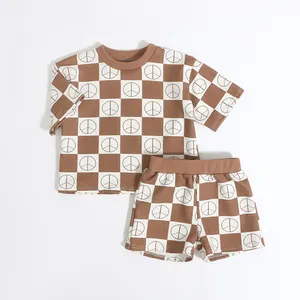


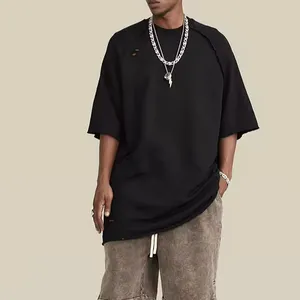

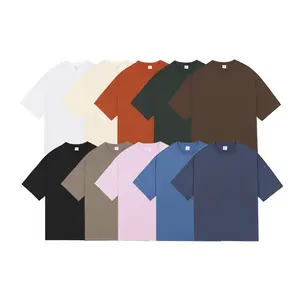

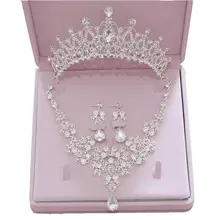



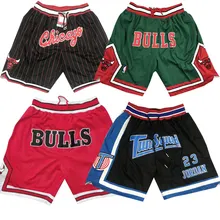
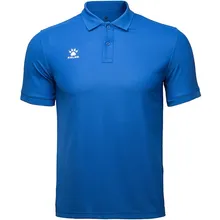


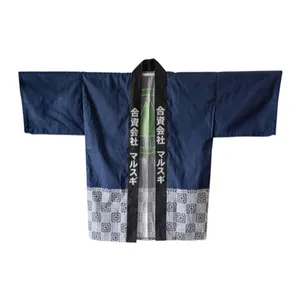
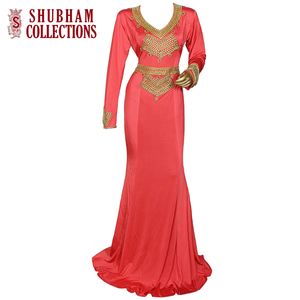

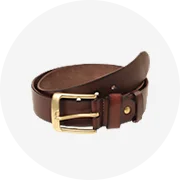

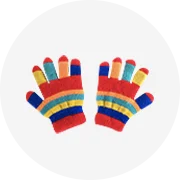
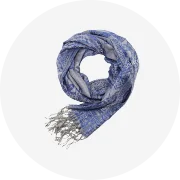
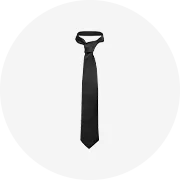

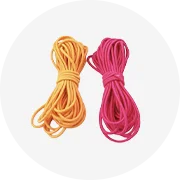




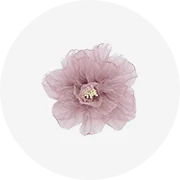


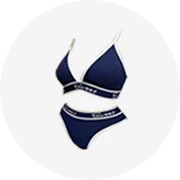
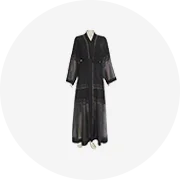








 浙公网安备 33010002000092号
浙公网安备 33010002000092号 浙B2-20120091-4
浙B2-20120091-4